I would not use a regular expression. Especially since the string ID: JK546|Guitar: 0|Expiry: Aug14,2021 does not appear in the string ID: JK546|Guitar: 0|Piano: 1|Violin: 0|Expiry: Aug14,2021, so it's not strictly a match, but more of a replacement. But there's no good way to get all replacements from all matches.
So, I'd just split the input string on |.
Then you want to compose a result string that is comprised of the first field, one of the middle fields, and the last field. You'll get one result for each middle field that exists. If it splits into N fields, you'll get N-2 results. e.g.: if it splits into 5 fields, then you'll get 3 results, one for each of the "middle" fields.
string input = "ID: JK546|Guitar: 0|Piano: 1|Violin: 0|Expiry: Aug14,2021";
string[] fields = input.Split('|');
for( int i = 1; i < fields.Length - 1; ++i) {
string result = string.Join("|", fields.First(), fields[i], fields.Last());
Console.WriteLine(result);
}
output:
ID: JK546|Guitar: 0|Expiry: Aug14,2021
ID: JK546|Piano: 1|Expiry: Aug14,2021
ID: JK546|Violin: 0|Expiry: Aug14,2021
